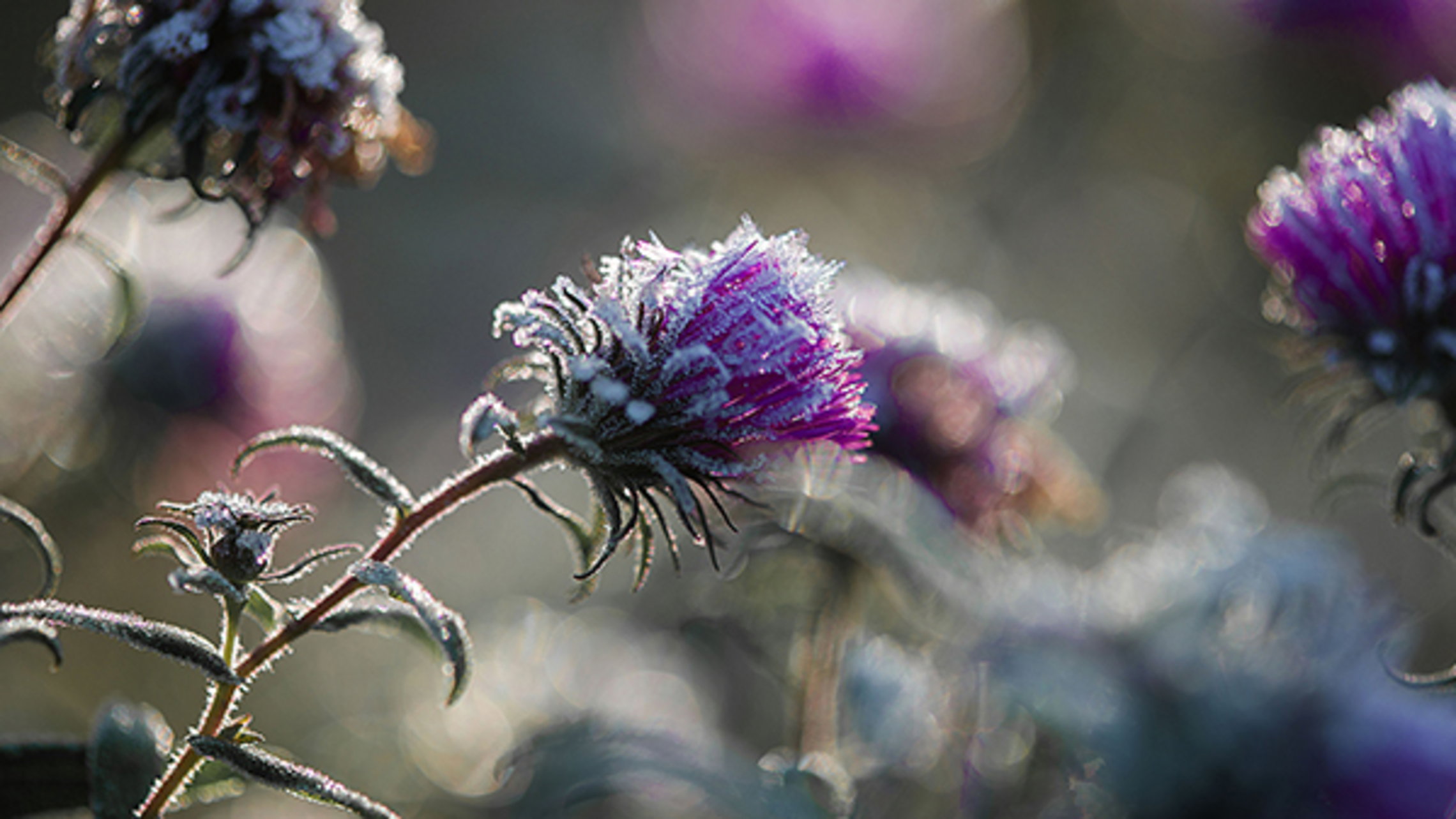Winter is a good time to prepare for the monarch butterflies’ return

Milkweed seeds and pollinator gardens take time to grow, so plan now
The monarch butterflies have landed in their overwintering sites in Mexico but our mission to aid the monarch population is far from over. Even though the monarchs are taking a much-needed rest in the oyamel fir forests, there are still several ways you can help during the winter months.
You can start growing milkweed now
Milkweed seed requires cold stratification to germinate in the spring. Naturally, the best time to stratify the seed is in the winter. To do this, place milkweed seeds in a damp paper towel. Place the seeds and damp paper towel inside a baggie or other air-tight container. You will need to store the seeds in the refrigerator for four to six weeks before planting.
After four to six weeks, you can now plant your stratified milkweed seeds. Plant them in trays, peat pots or a container. Spread the seeds lightly on the top of the soil. You can push them down slightly into the soil. They’ll need light to germinate, so try not to bury them too deeply.
Be careful when watering the seeds because they are very delicate. A good way to get water to the seeds is by going from the bottom up. Add a half-inch of water to the bottom of the tray and place the container (it should have holes in the bottom for this to work) with your seeds inside the tray. A spray mister will also work well.
Finally, make sure you place the seeds next to a good amount of light. They need plenty of it to grow strong.
Do some research and plan your pollinator garden
Start by picking a location for your garden. When deciding where to plant your pollinator garden, find a stretch of land that gets at least six hours of sunlight a day. Milkweed needs a lot of sun, as do native nectar sources. It’s also important to pick a spot on your land that is not too windy. Butterflies don’t like wind, and neither do other pollinators.
After you pick a good garden location, it’s time to pick the milkweed and flowers you will plant. To see a comprehensive list of native milkweed species and native nectar species, visit www.MonarchMilkweedHabitat.com.
Try to pick three different kinds of milkweed, five native plants that flower in the spring, five that flower in the summer and five that flower in the fall. That way you’ll have a beautiful and beneficial garden from spring to fall.
With active preparation during the winter, your garden will be ready and able to host the monarchs as they make their way north this spring.
To learn more, please visit www.MonarchChallenge.com.
About BASF’s Agricultural Solutions division
With a rapidly growing population, the world is increasingly dependent on our ability to develop and maintain sustainable agriculture and healthy environments. Working with farmers, agricultural professionals, pest management experts and others, it is our role to help make this possible. That’s why we invest in a strong R&D pipeline and broad portfolio, including seeds and traits, chemical and biological crop protection, soil management, plant health, pest control and digital farming. With expert teams in the lab, field, office and in production, we connect innovative thinking and down-to-earth action to create real world ideas that work – for farmers, society and the planet. In 2017, our division generated sales of €5.7 billion. For more information, please visit www.agriculture.basf.com or any of our social media channels.
About BASF
At BASF, we create chemistry for a sustainable future. We combine economic success with environmental protection and social responsibility. The more than 115,000 employees in the BASF Group work on contributing to the success of our customers in nearly all sectors and almost every country in the world. Our portfolio is organized into five segments: Chemicals, Performance Products, Functional Materials & Solutions, Agricultural Solutions and Oil & Gas. BASF generated sales of €64.5 billion in 2017. BASF shares are traded on the stock exchanges in Frankfurt (BAS), London (BFA) and Zurich (BAS). Further information at www.basf.com.
